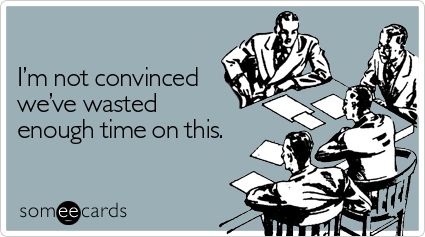
The New Yorker‘s Adam Alter surveys the recent data suggesting something that accords well with my overall worldview: Positive thinking is for suckers. “In a provocative new analysis, Oettingen and her colleagues have suggested that public displays of positive thinking may even predict downturns in major macroeconomic outcomes…the staggering results in this most recent paper are consistent with more than a decade’s worth of studies in Oettingen’s lab.”



